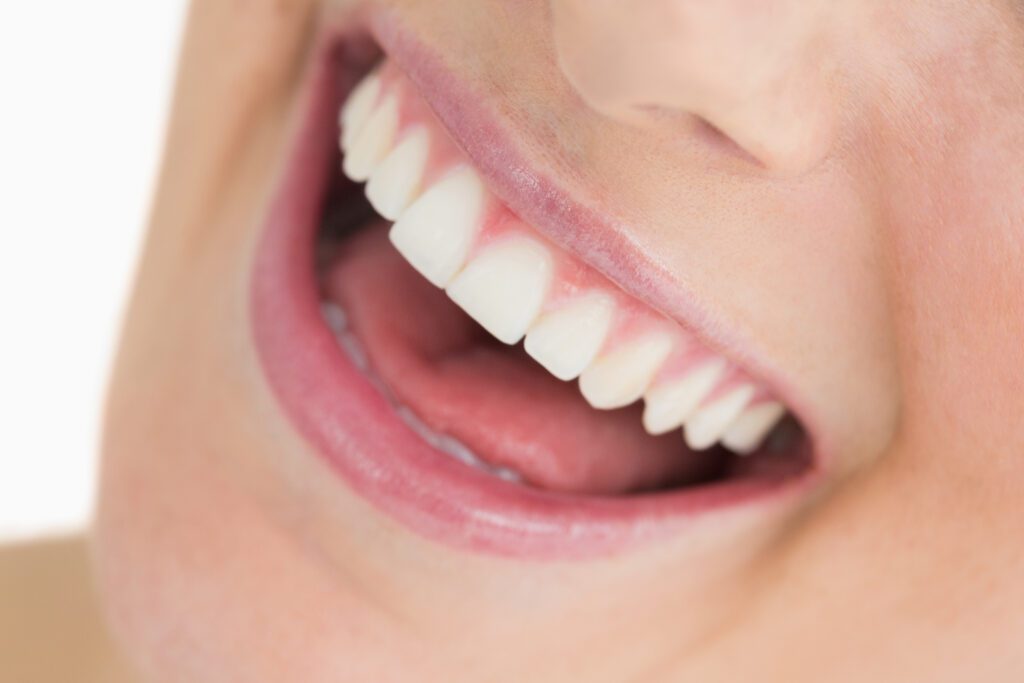Do you often have bad breath, or halitosis, that you can’t seem to get rid of? Do you feel embarrassed to speak to people because of your bad breath? If so, you’re not alone. Halitosis is a common problem that affects millions of people around the world. In fact, it is estimated that about 60 to 65 percent of adults suffer from bad breath, and it is a leading cause of embarrassment and social anxiety.
The good news is that halitosis is a treatable condition, and there are many ways to get rid of bad breath with your team at Flower Mound Dental.

What is Halitosis?
Halitosis is the medical term for bad breath. It is an unpleasant odor that can be caused by a variety of factors.
The most common causes of bad breath are poor oral hygiene. When food particles and bacteria accumulate in the mouth, they can produce foul-smelling gasses, causing bad breath.
It is important to note that bad breath can be a sign of a more serious medical condition. If you are experiencing bad breath that does not go away after practicing good oral hygiene and making dietary changes, you should see your Flower Mound Dentist to rule out any underlying medical conditions.
Oral Hygiene and Halitosis
Good oral hygiene is essential for keeping bad breath at bay. Brushing your teeth twice a day and flossing daily will help to remove food particles and plaque from your teeth and gums.
It’s also important to remember to brush your tongue. Bacteria can accumulate on the tongue, leading to bad breath. Scraping your tongue with a tongue scraper or brushing it with your toothbrush can help to remove bacteria and reduce bad breath.
In addition to brushing and flossing, you should also visit your Flower Mound dentist regularly to ensure that your teeth and gums are healthy. Your dentist can help to diagnose and treat any underlying issues that may be causing bad breath.
Diet and Halitosis
Certain foods, such as garlic and onions, can cause bad breath. These foods contain compounds that are released into the air when they are digested, causing bad breath. It’s also important to remember to avoid sugary and acidic foods, which can lead to tooth decay and bad breath.
Treatments for Halitosis
Mouthwashes and breath fresheners can help to reduce bad breath. These products contain ingredients that help to neutralize odors and reduce bacteria in the mouth.
In addition, there are a variety of products on the market that can help to reduce bad breath. These include tongue cleaners and probiotic lozenges. These can help to reduce bacteria in the mouth and freshen your breath.
If you are experiencing bad breath that does not go away, you should see your doctor to rule out any underlying medical conditions.
Tips for Preventing Bad Breath
In addition to practicing good oral hygiene and avoiding certain foods, there are a variety of other tips that can help to prevent bad breath.
First, quitting smoking can help to reduce bad breath. This is because smoking can cause bacteria to accumulate in the mouth. Second, avoiding alcohol can help to reduce bad breath. Alcohol can dry out the mouth, resulting in bad breath.
Finally, drinking plenty of water can help to reduce bad breath. Water helps to rinse away food particles and bacteria.
